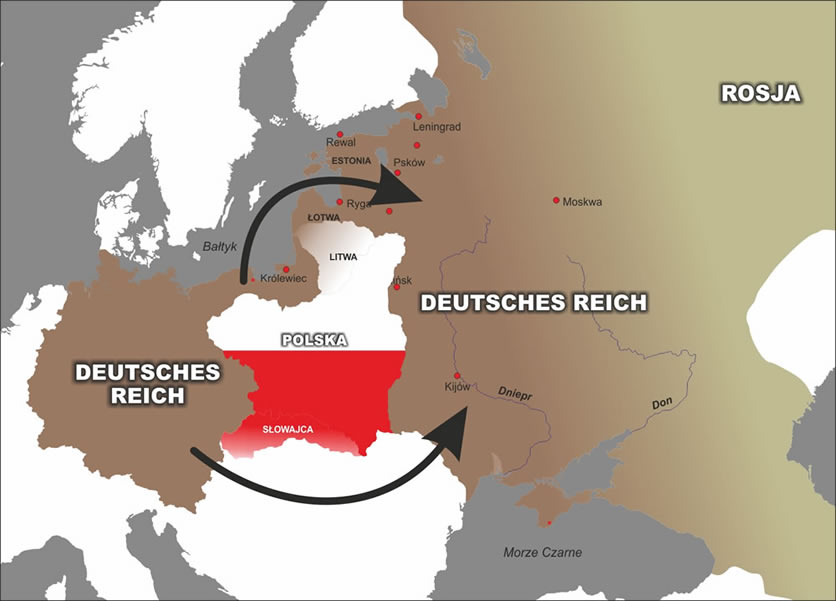Domen
Misico dux Vandalorum
Nationalist identities were not present at that point.
This is a modern myth - not entirely, but to some extent for sure.
Some sort of nationalism was present, even in Medieval period, and I already wrote about this before in another thread.
Of course it is true that majority of population did not feel strong national belongingness or allegiance, and it is true that nationality or ethnicity is a fluent thing - that can change over just a few generations, or even the same person can change his ethnic or national allegiance.
This has been - by the way - always true, because even in the 19th and the 20th centuries - period when nationalism was stronger than ever - majority of population of any European state did not feel any kind strong national belongingness or allegiance. There are some exceptions, particularly in states very heavily influenced by radical national ideologies - such as Nazi Germany. But generally most people only feel weak ties with some ethnic group or nation.
So it is generally true, that nation is a largely fictional and fluent human-made theoretical construct, not something objectively existing.
=====================================
However, nationalism in its base, is mostly about distinguishing between "us" and "them".
And such nationalism - as well as ethnic conflicts - were present already in the Middle Ages.
I wrote about this in another thread on this forum. But here some more examples of distinguishing nations (in original Latin texts the word used was usually "gens" - which in this context is translated as nation, not as family):
1) Kronika Wielkopolska (early 1200s) - a Polish source:
"(...) Germans, knowing neighbouring Slavic states, often consort with Slavs and in the world there are no any other so friendly and kind towards each other nations as Slavs and Germans. (...)"
And apparently just 100 years later German reputation among Slavic people was already much worse:
2) Dalimilova Kronika (early 1300s) - a Czech source:
"(...) Who is wise should see (...) how this greedy and fraudulent nation [Germans] is muscling into the most profitable levels of church hierarchy, into the most important benefices, into the largest estates, into the royal council (...) Dear God, just look how (...) Poles (...) Czechs and native populations of states which are not German, in their own territory are being displaced by Germans from their own offices, benefices, bestowals (...), and their place is being gradually stolen by Germans. Vagabonds have priority, natives are being browbeaten."
3) De quodam advocato Cracoviensi Alberto (first half of 1300s):
"(...) The concern of Germans, wherever they settle, is to become the most important group and not to be subjected to anyone else. (...) At first they behave in a submissive way (...) but all of this is a deceit, because when they already gain enough experience, they start behaving in a different way. (...)"
Another Medieval excerpt about Germans (this time German peasants) who settled in Slavic states:
"(...) These who got accustomed to pasturing pigs, now want to rule. (...)"
============================================
Please note that the original Latin word used in these Medieval texts quoted above was "gens".
In this context (for example "gens Slavorum"), gens translates as "nation", not as "family".
So "gens Germanorum" or "gens Allemanorum" translates as "German / Germanic nation"; "gens Slavorum" - "Slavic nation", etc.
============================================
So claiming that ethnic conflicts was something unknown to Medieval times, is wrong.


